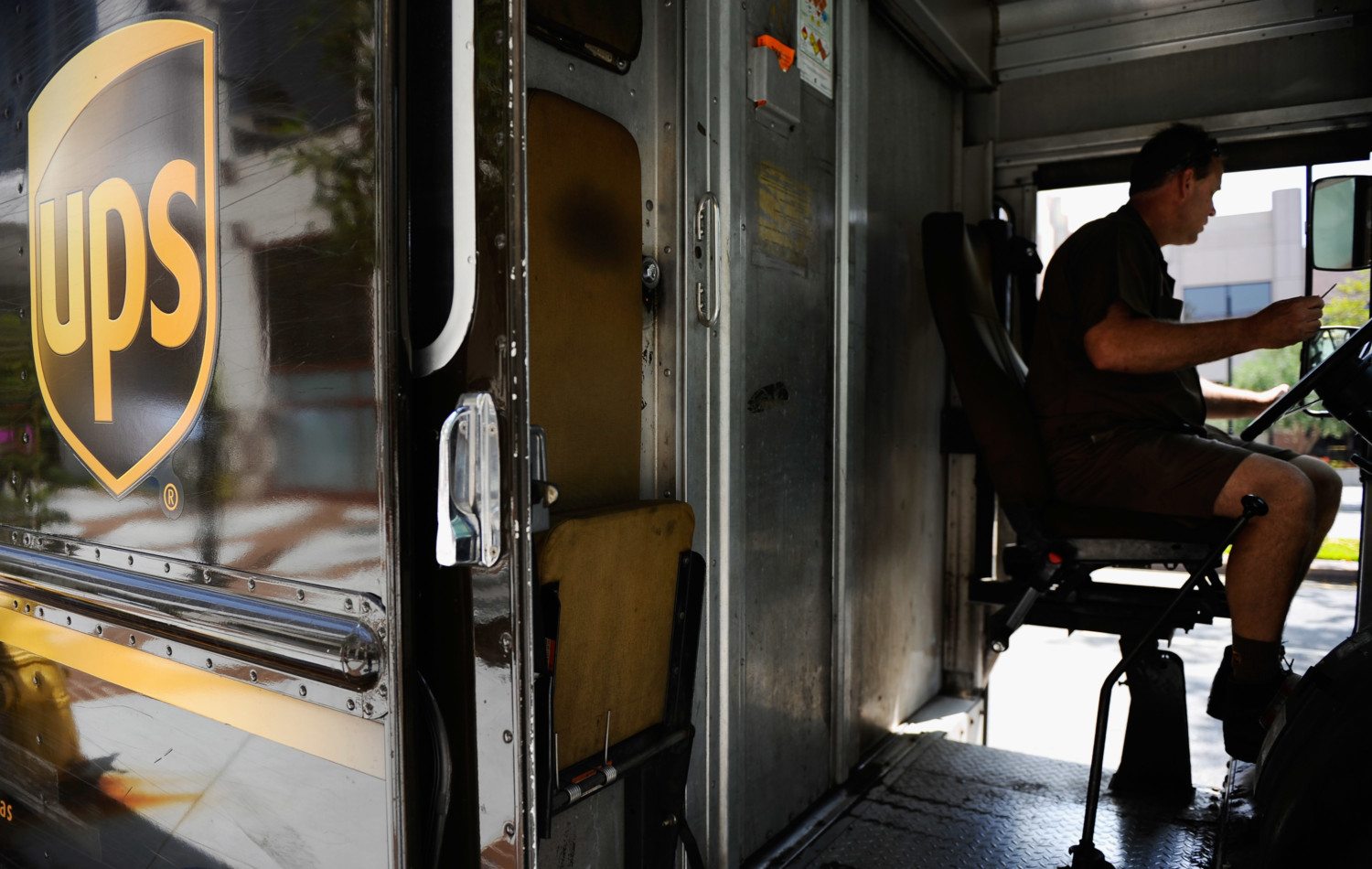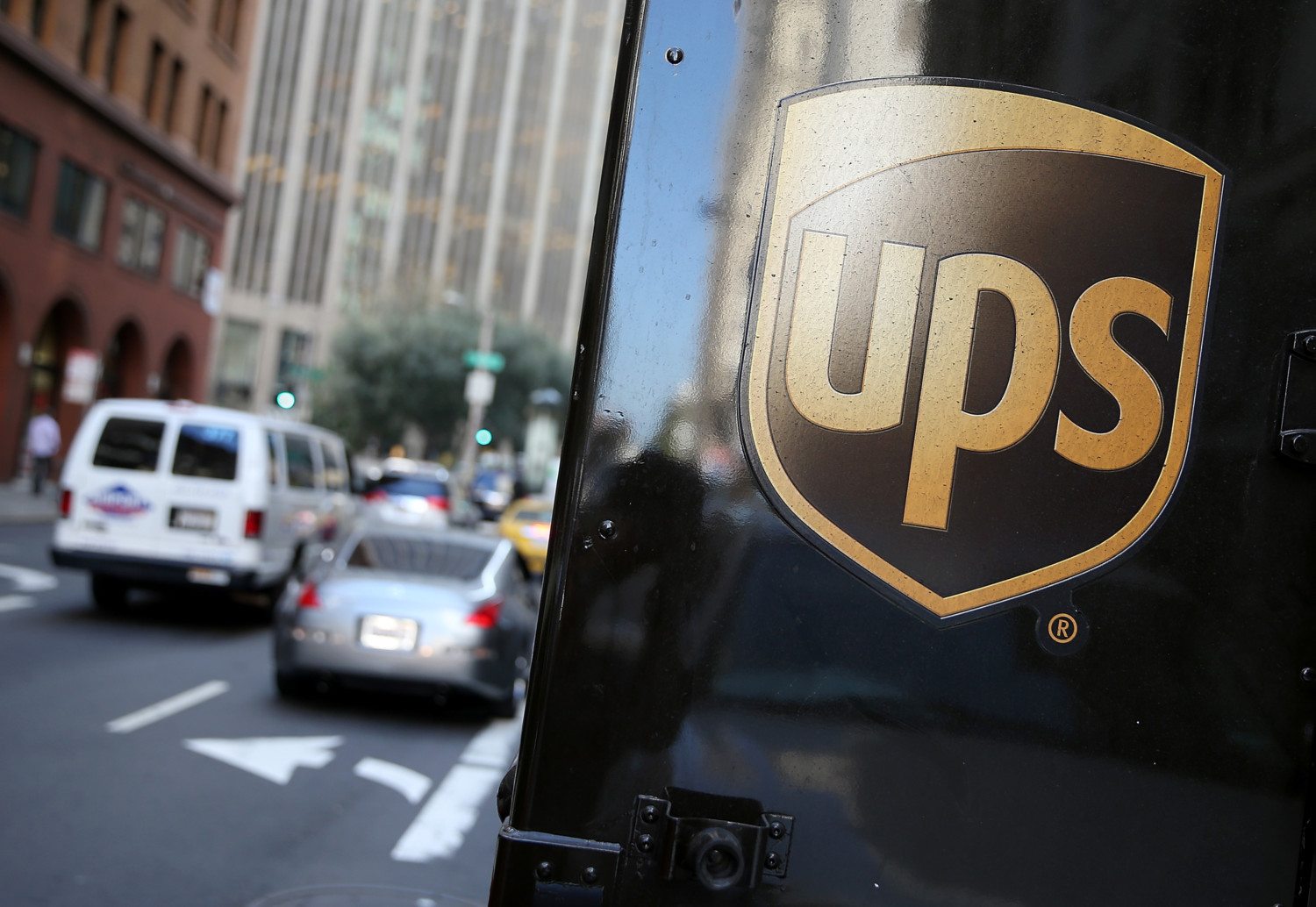Here’s The Reason UPS Delivery Trucks Never Turn Left
Have you ever wondered how delivery services get all of those packages to us so quickly? Sometimes the time it takes from the moment you confirm an order to the moment it arrives on your doorstep is truly mind-boggling.
(OK, sometimes the opposite is also true, but that’s usually the exception rather than the rule these days.) With shoppers spending more and more time making their purchases online rather than at bricks-and-mortar retailers, delivery services are having to find ways to get more efficient, finding the fastest ways to reach customers from their distribution centers.

Well, it turns out UPS has had this figured out for awhile now. In 2004, UPS identified a unique solution for their drivers: They eliminated virtually every left-hand turn from all routes.
According to one UPS driver, about 90% of all turns are right-handed. In fact, it’s basically “frowned upon” by executives if you turn left in a brown truck.
Here are some of the ways UPS says this strategy is helping them come out ahead:
- It uses less gas. Delivery trucks save 10 million gallons of gas every year.
- It saves the environment. Trucks emit 22,000 fewer tons of carbon dioxide each year.
- More packages are delivered. The strategy enables UPS to deliver 350,000 more packages each year.
- Fewer accidents happen. Since oncoming traffic comes from the left, you have to turn across traffic. But with right-hand turns, you don’t have to worry about oncoming traffic. Federal studies show that left-hand turns cause 10 times more accidents than right-hand turns.
- They employ fewer trucks. Thanks to this method, UPS decommisioned 1,100 trucks, which saved the company 28.2 million miles, despite the fact that each active truck travels further by only taking right-hand turns.
The TV series Mythbusters tested out the theory and they confirmed that the strategy definitely saves fuel. Check out their segment here:
https://youtu.be/ppCz4f1L9iU
So now we know the benefits: There are fewer accidents, lower carbon emissions, and less fuel wasted when drivers rarely turn left. So why doesn’t everyone drive like this?
The Conversation points out that if everyone did, the savings on a global scale would be huge from both a carbon emissions and a congestion standpoint.
It would take a massive effort for the whole world to change their habits though. They also note that this wouldn’t make every trip more efficient, and people aren’t likely to be willing to change unless they see immediate personal benefits.
And of course, if the world zigged, some smart people would zag to take advantage of the market inefficiencies.

[h/t: Quartz]





